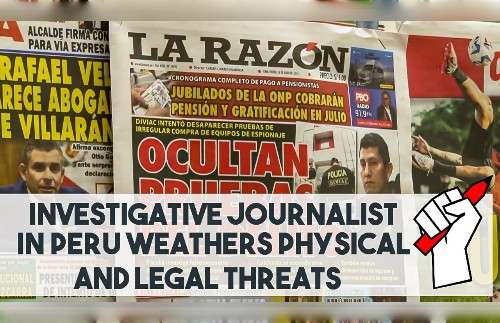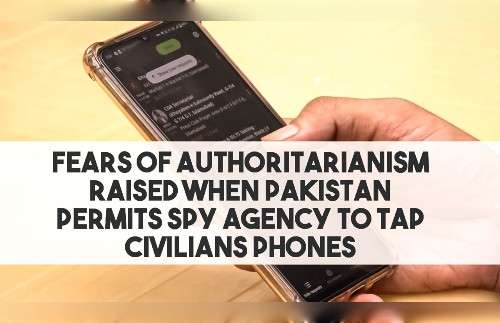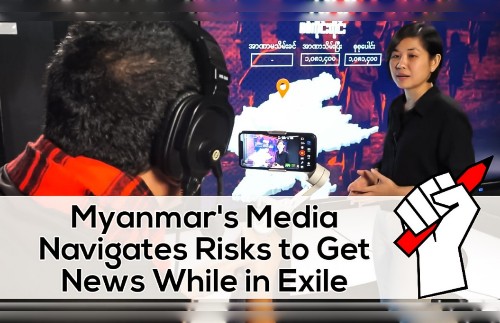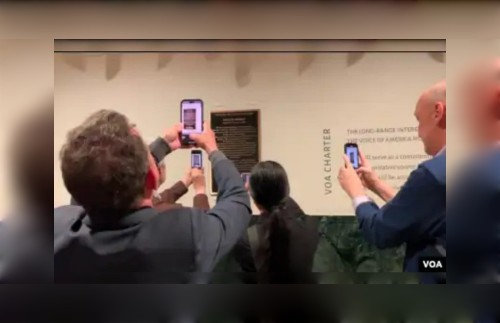Abdullayev was denied access to his lawyers

Kyrgyzstan acquiesced to an extradition request from Uzbekistan and on August 22 handed over journalist Bobomurod Abdullayev, who has previously been sentenced on sedition charges for his writings.
The Kyrgyz State Committee for National Security, or GKNB, said it received assurances from their Uzbek partners that Abdullayev would not be ill-treated. The journalist reported being subjected to physical and torture after his arrest in September 2017.
This case is causing deep concern among rights activists of significant backsliding by Uzbekistan’s government, whose commitment to promoting democratic freedoms is looking increasingly shaky.
Abdullayev, 47, was detained by the GKNB on August 9. The following day, a Bishkek court ordered he remain in custody until September 8 pending extradition procedures. The journalist’s legal representatives say he is facing charges in Uzbekistan of unspecified offenses against the president and attempting to undermine the country’s constitutional order. Convictions could lead to prison sentences of up to 20 years.
The extradition occurred in short order despite appeals from an array of rights groups and even the U.S. government.
“Freedom of speech [and] movement are fundamental human rights, essential to any functioning democracy. We urge the [governments] of Uzbekistan [and] the Kyrgyz Republic to uphold their commitments [and] defend these rights for Uzbekistani journalist Bobomurod Abdullayev,” the U.S. State Department tweeted on August 13.
Kyrgyz authorities not only ignored that appeal, but Abdullayev’s lawyers say they even flouted his basic legal rights. The lawyers at one stage filed a complaint with the Prosecutor General’s Office against staff at the GKNB detention center on the grounds that they were not permitted to meet their client. The reason given was that Abdullayev was being placed under quarantine for two weeks in connection with the ongoing COVID-19 outbreak.
It appears that the charges against the journalist may stem from his alleged writings for a Telegram channel called Qora Mergan, which has 3,000 subscribers and features articles critical of President Shavkat Mirziyoyev and his policies, and a Canada-based website featuring similar content.
Abdullayev denies being the writer behind those resources.
Rights advocate Muzaffar Suleymanov tweeted to say that even if the journalist were responsible for the writings, it did not justify the extradition and looming prosecution.
“Even if he wrote them, critical commentary is not a criminal offense,” he said.
Uzbek authorities have been evincing growing unease with the free airing of dissident views in recent months. In some cases, actions as seemingly harmless as reposting news items on social media has been enough to get the security services involved.
In July, three journalists in western Uzbekistan were summoned to the prosecutor’s office over a weekend after using their social media accounts to share a news item about the purported death of an important local political figure. The trio was held and questioned for hours, although they had only shared links to content published on a respected news website.
The official in question, Musa Yerniyazov, the chairman of the legislature of the autonomous republic of Karakalpakstan, did in fact die some days later.
Abdullayev had traveled to Berlin in November and trained while there with the journalism advocacy group Reporters Without Borders. He later flew to Kazakhstan and then onward to Kyrgyzstan, where he had been invited to pursue a four-month training course at the American University of Central Asia. Following completion of those studies, however, he was unable to leave the country because of COVID-19 restrictions.
Rights activist scoff at assurances that Abdullayev is guaranteed against further ill-treatment.
“When Bobomurod Abdullayev was last in the hands of the Uzbekistani security services, they tortured him for days on end – and there is a significant risk that he would be tortured yet again if sent back,” Nadejda Atayeva, president of the Association for Human Rights in Central Asia, said in a statement published jointly by numerous rights groups on August 11.
(This story was originally published by Eurasianet Eurasianet © 2020)
Escaping from Scam Center on Cambodia’s Bokor Mountain
UN Security Council Meets to Discuss Children and Armed Conflict
10 Shocking Revelations from Bangladesh Commission’s Report About Ex-PM Hasina-Linked Forced Disappearances
Migration Dynamics Shifting Due to New US Administration New Regional Laws
UN Security Council Meets to Discuss the Maintenance of International Peace and Security and Artificial Intelligence
Winter Brings New Challenges for Residents living in Ukraine’s Donetsk Region
Permanent Representative of Israel Briefs Press at UN Headquarters
Hospitals Overwhelmed in Vanuatu as Death and Damage Toll Mounts from Quake
Subscribe Our You Tube Channel
Fighting Fake News
Fighting Lies




















